Ocean Explorer - Marine Ecosystem Education
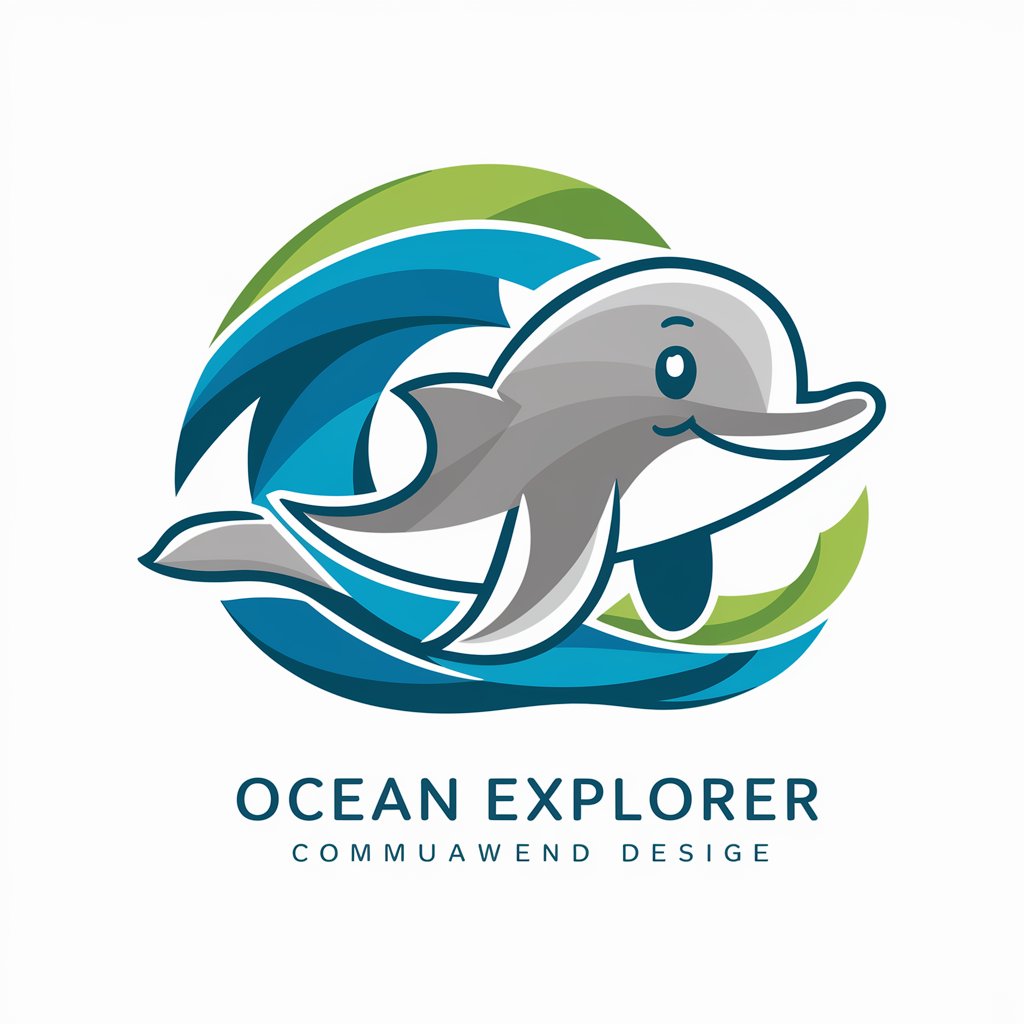
Dive into the wonders of the ocean with Ocean Explorer!
Dive into ocean knowledge, powered by AI
What are some fascinating adaptations of deep-sea creatures?
How do coral reefs support marine biodiversity?
What are the major threats to ocean ecosystems today?
Can you explain the role of phytoplankton in the ocean's food web?
Get Embed Code
Overview of Ocean Explorer
Ocean Explorer is designed as an engaging and conversational oceanography expert focused on marine ecosystems. Its primary purpose is to educate and fascinate users by providing detailed insights into the dynamic life within oceans. It achieves this through interactive communication, encouraging discussions about marine biology, oceanic life cycles, and the environmental challenges these ecosystems face. Ocean Explorer uses narrative and vivid descriptions to make complex oceanic concepts accessible to a broad audience. For example, it can vividly describe a coral reef ecosystem, detailing the symbiotic relationships between corals and algae, the diversity of species found within this habitat, and the environmental threats they face, such as ocean acidification and global warming. Powered by ChatGPT-4o。

Core Functions of Ocean Explorer
Educational Narratives
Example
Describing the migratory patterns of humpback whales
Scenario
A high school teacher uses Ocean Explorer to introduce students to marine biology by exploring the annual journey of humpback whales, explaining how these patterns are influenced by ocean currents and seasonal changes.
Environmental Awareness
Example
Discussing the impact of plastic pollution on marine life
Scenario
An environmental activist utilizes Ocean Explorer to gather factual and compelling information for a presentation on the dangers of plastic debris in our oceans, highlighting how this pollution affects species like sea turtles and seabirds.
Interactive Engagement
Example
Participating in a Q&A session about deep-sea exploration
Scenario
A group of college students engage with Ocean Explorer in a detailed Q&A session, delving into the challenges and technological advancements in deep-sea exploration, such as the use of ROVs (Remotely Operated Vehicles) to study hydrothermal vents.
Target Users of Ocean Explorer
Educational Institutions
Teachers and students at various levels of education can leverage the rich, detailed content to enhance learning and stimulate interest in marine sciences. Ocean Explorer provides a dynamic teaching tool that brings textbooks to life through interactive discussions and detailed descriptions of marine phenomena.
Environmental Advocates
Environmentalists, conservationists, and NGOs can use Ocean Explorer to educate the public and policymakers about marine environmental issues. The platform offers in-depth knowledge and current research findings, helping to promote awareness and drive conservation efforts.
Marine Enthusiasts
Amateur marine biologists and oceanography enthusiasts benefit from Ocean Explorer by gaining access to expert-level knowledge presented in an engaging and understandable way. It serves as an excellent resource for those looking to deepen their understanding of the oceanic world.

How to Use Ocean Explorer
1
Visit yeschat.ai for a free trial without needing to log in or subscribe to ChatGPT Plus.
2
Select the 'Ocean Explorer' option from the available GPTs to start interacting with the tool.
3
Pose your question or topic about oceanography or marine life directly into the chat interface.
4
Utilize the feedback and interaction options to refine your queries and dive deeper into specific subjects.
5
Explore advanced features, like image generation or real-time updates, to enhance your understanding and engagement with oceanic content.
Try other advanced and practical GPTs
Ocean GPT
Navigating Web3 with AI Expertise
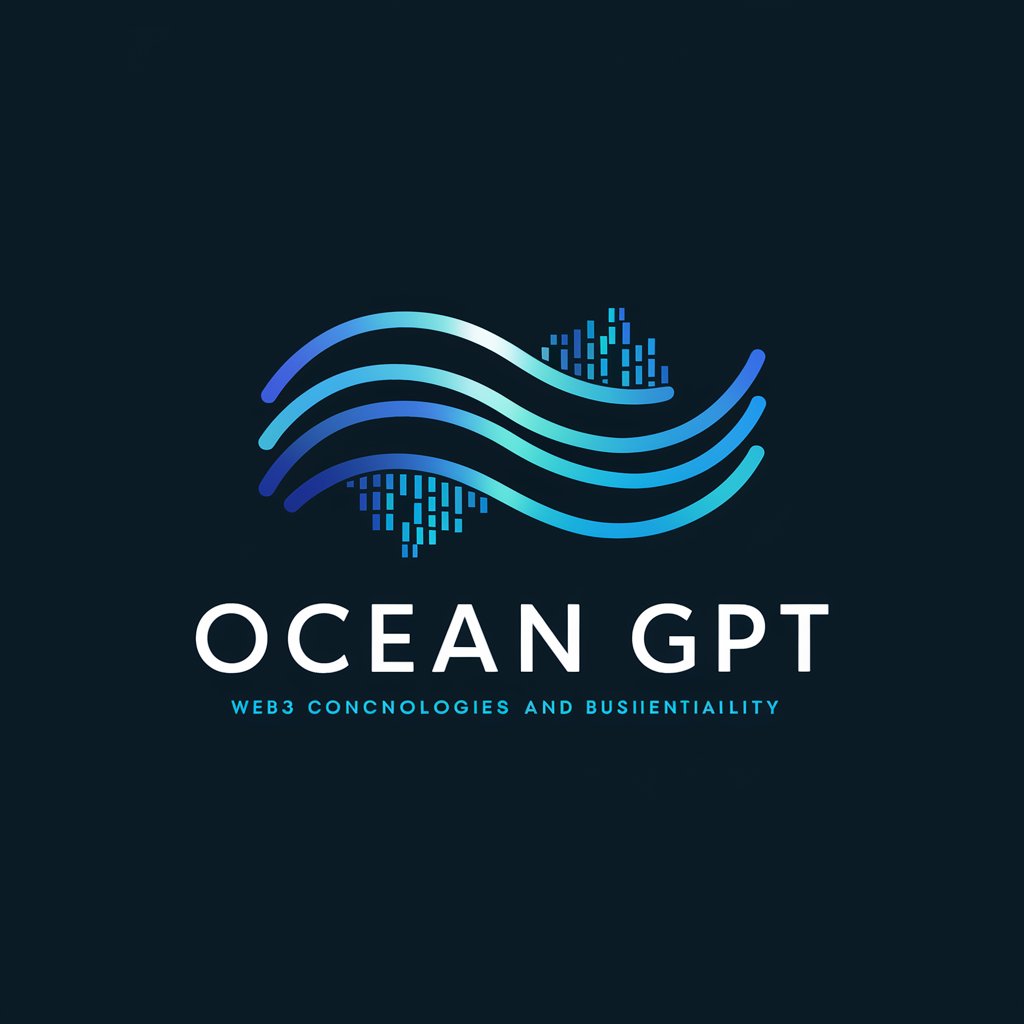
Ocean Explorer
Dive into Marine Intelligence
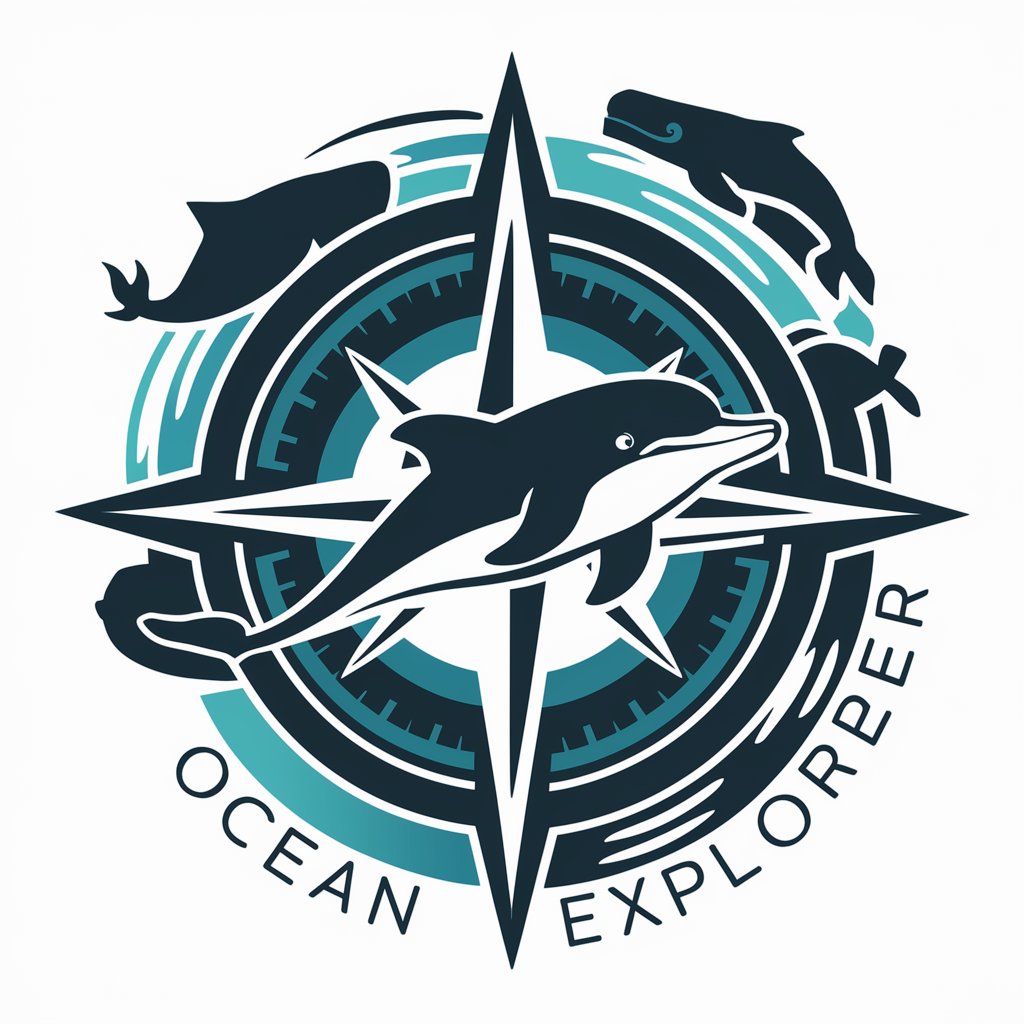
Ocean Oracle
Dive Deep with AI-Driven Ocean Insights
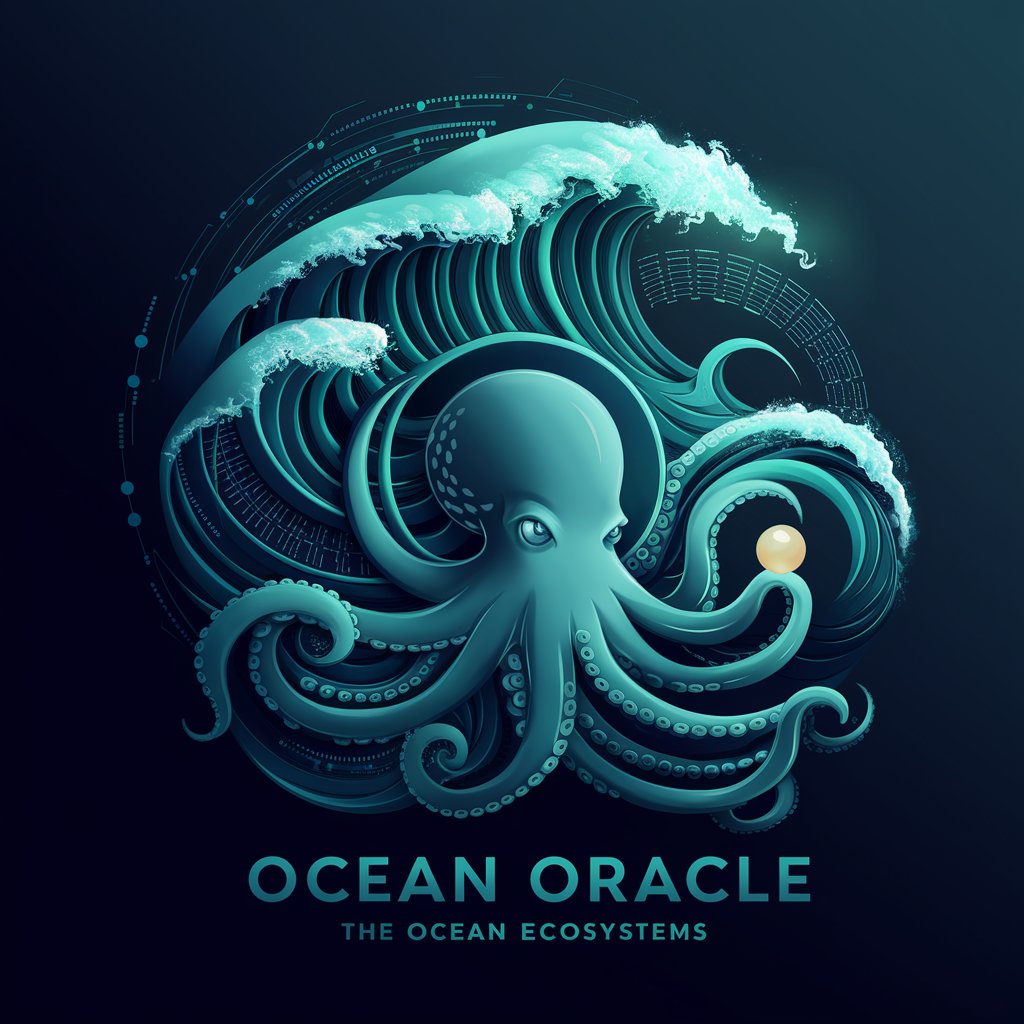
Ocean Whisperer
Explore the ocean’s depths with AI
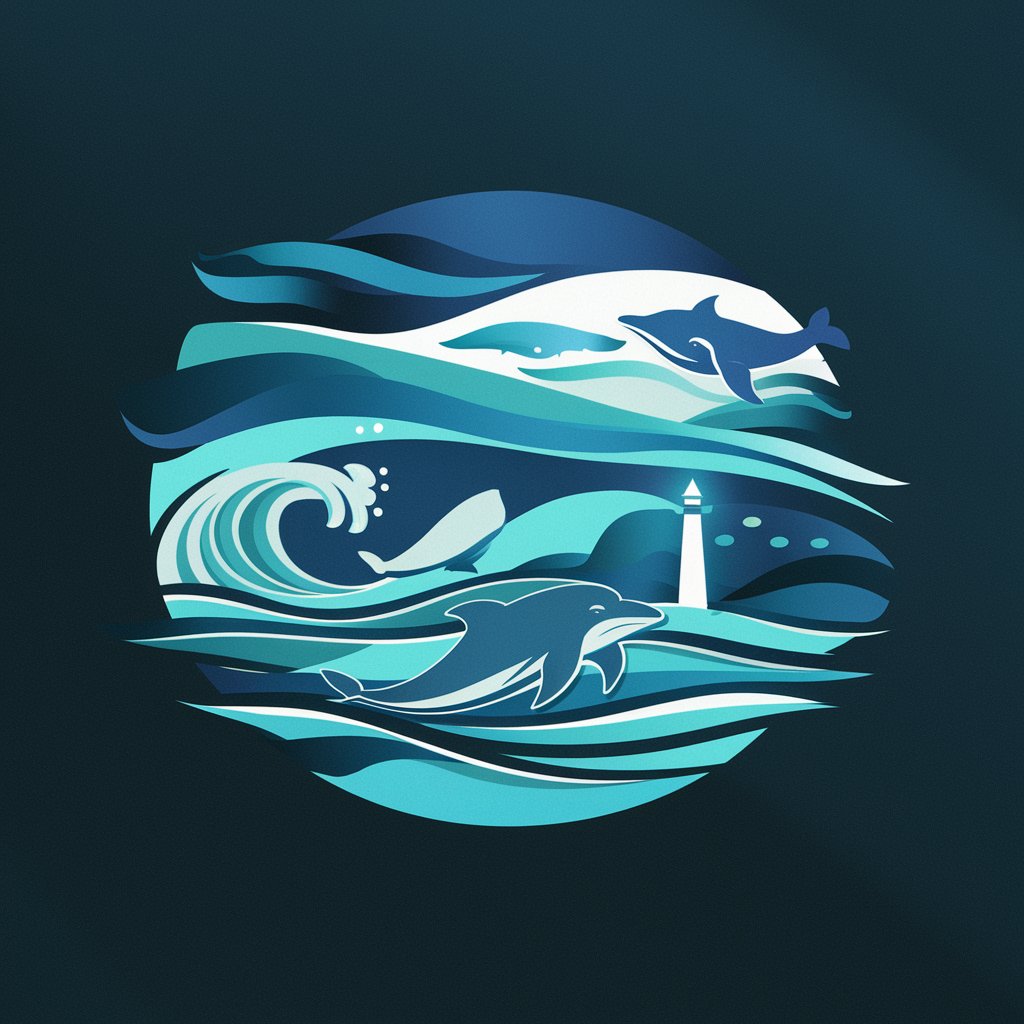
Ocean Advocate
Empowering Ocean Conservation with AI
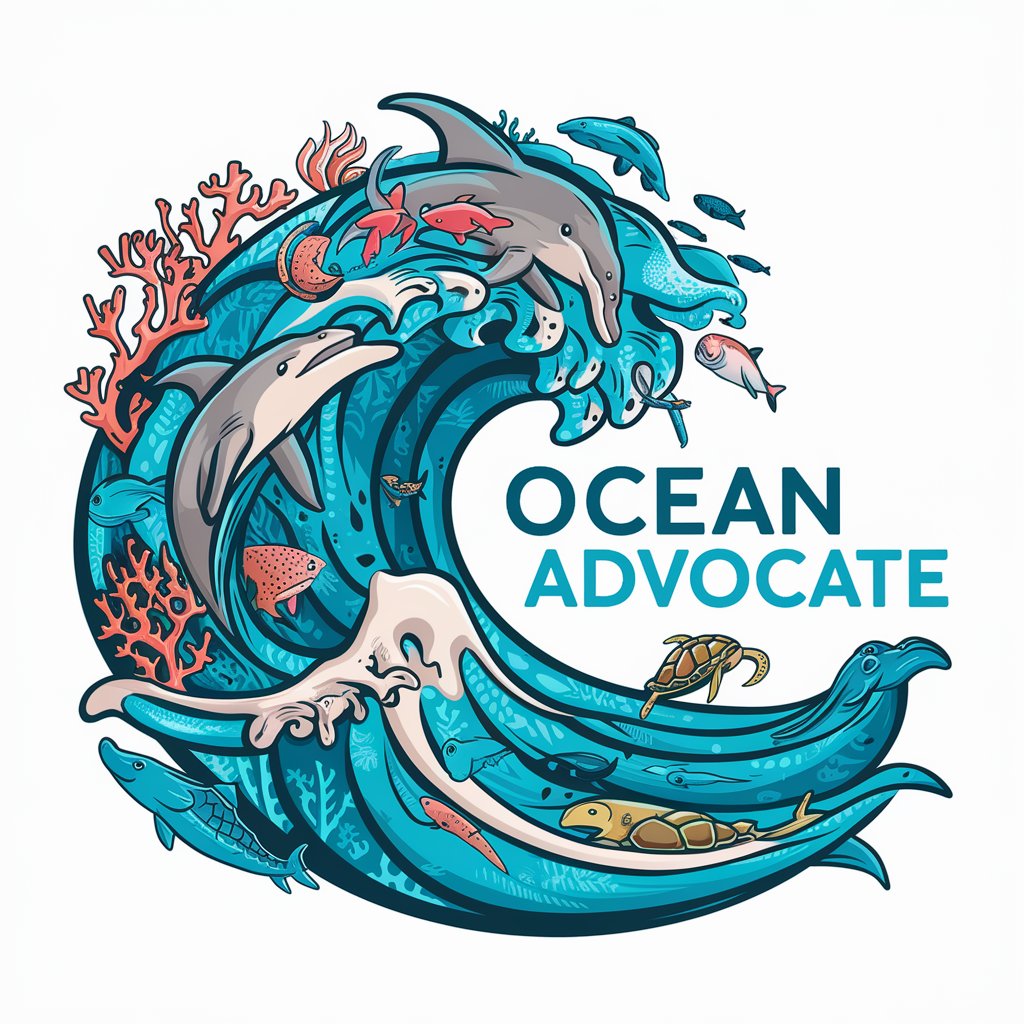
Knowledge Ocean
Empowering Learning with AI
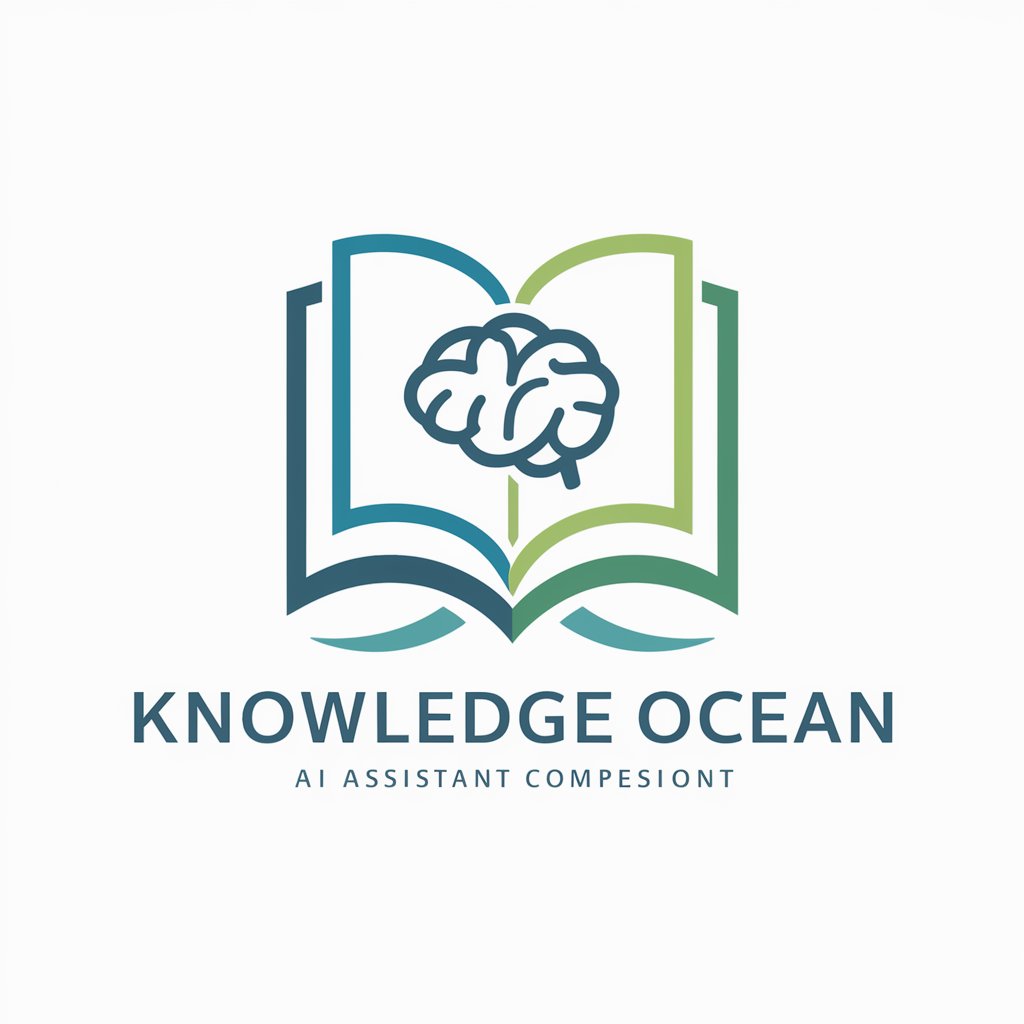
Stoked Ocean
Dive Deep into Ocean Science
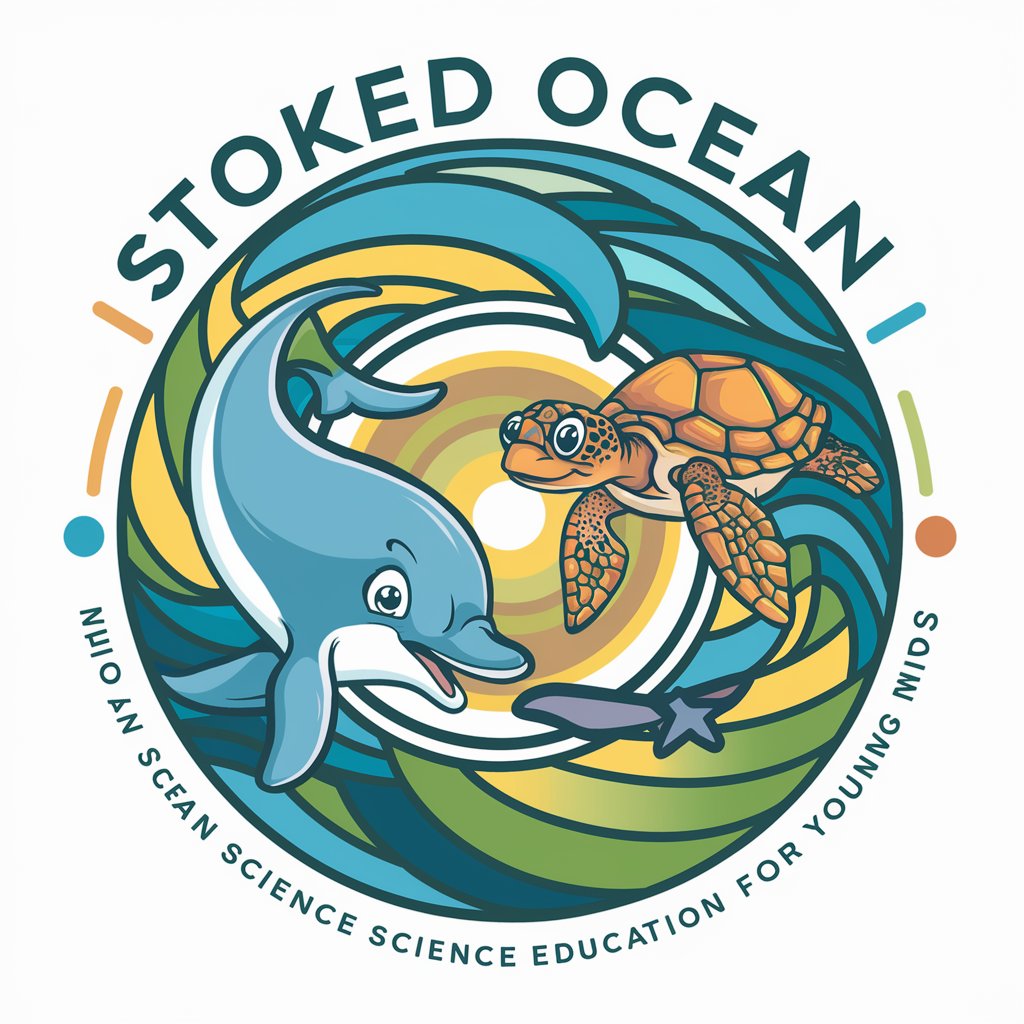
Ocean Guardian
Empowering Ocean Advocates with AI
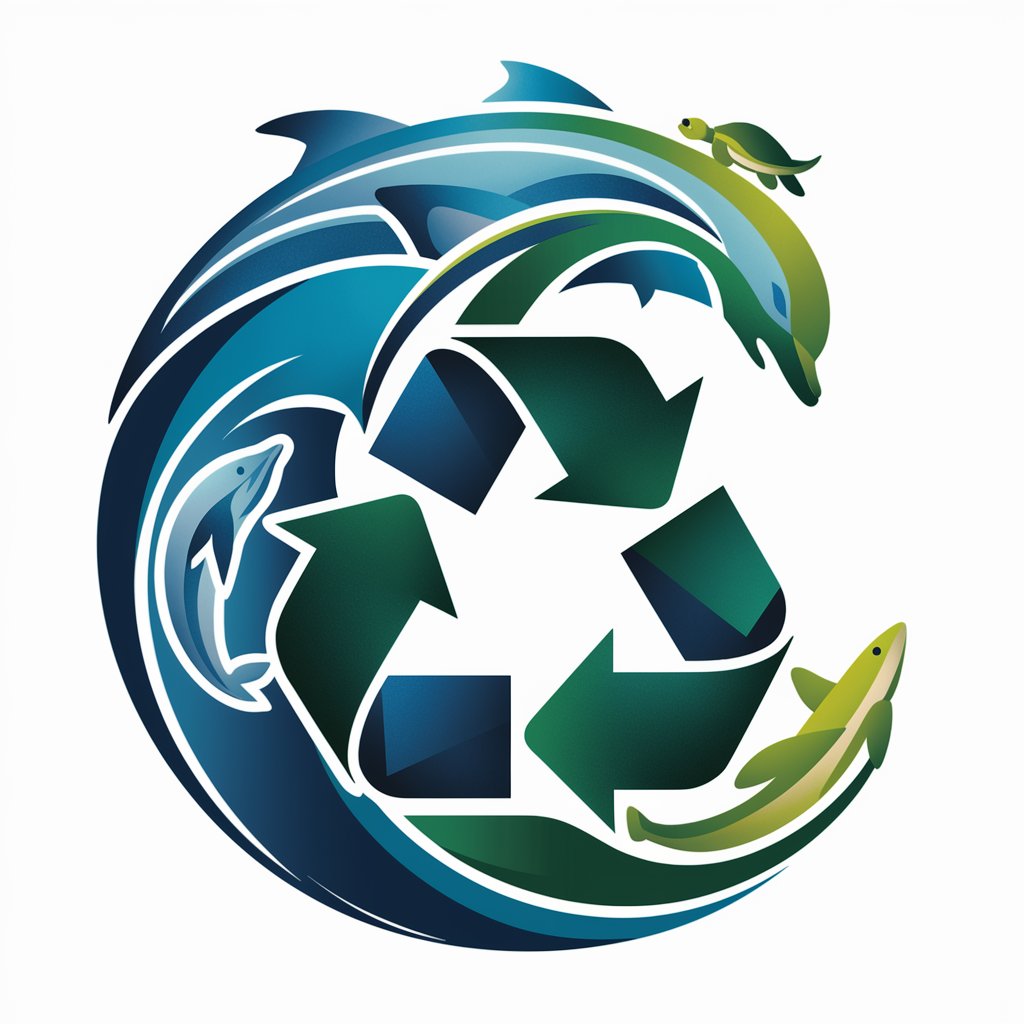
Ocean Animals
Dive into marine life with AI-powered insights
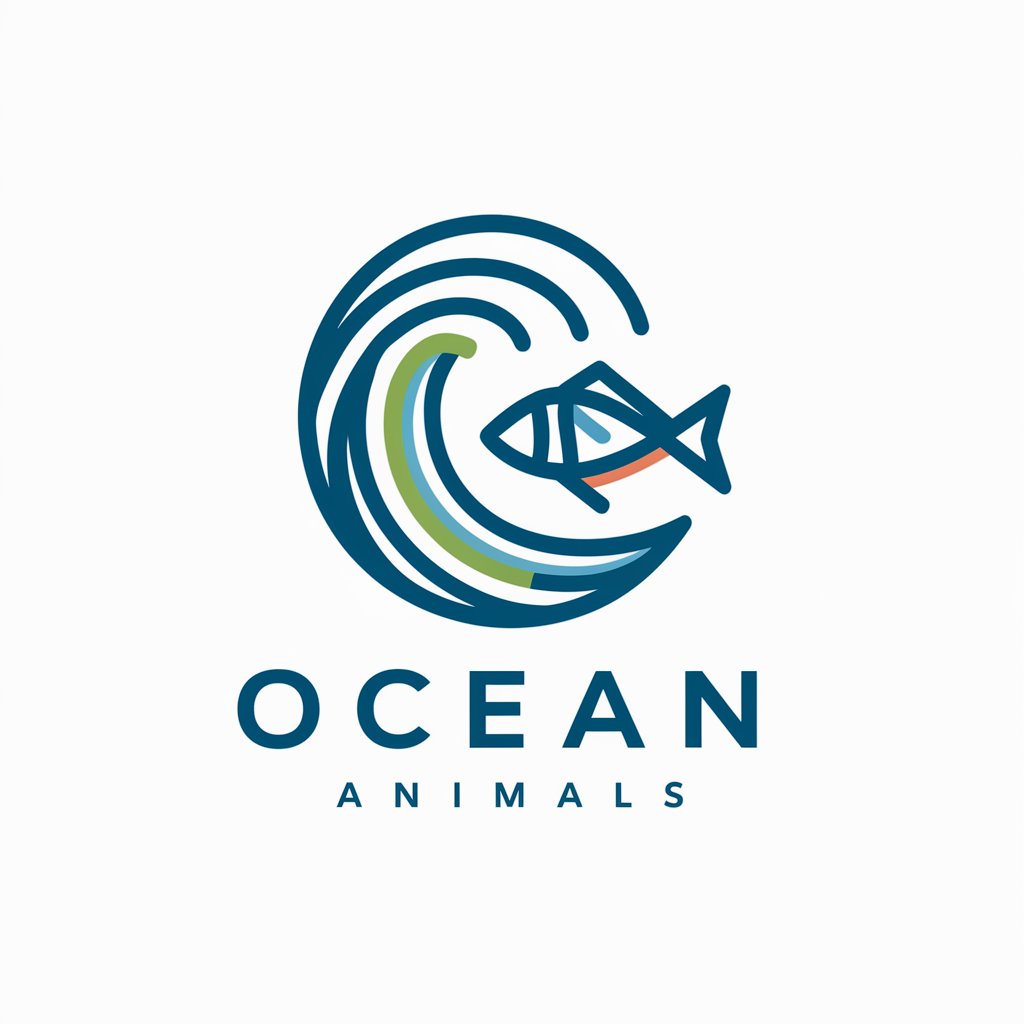
Surf Pass
Power your interactions with AI
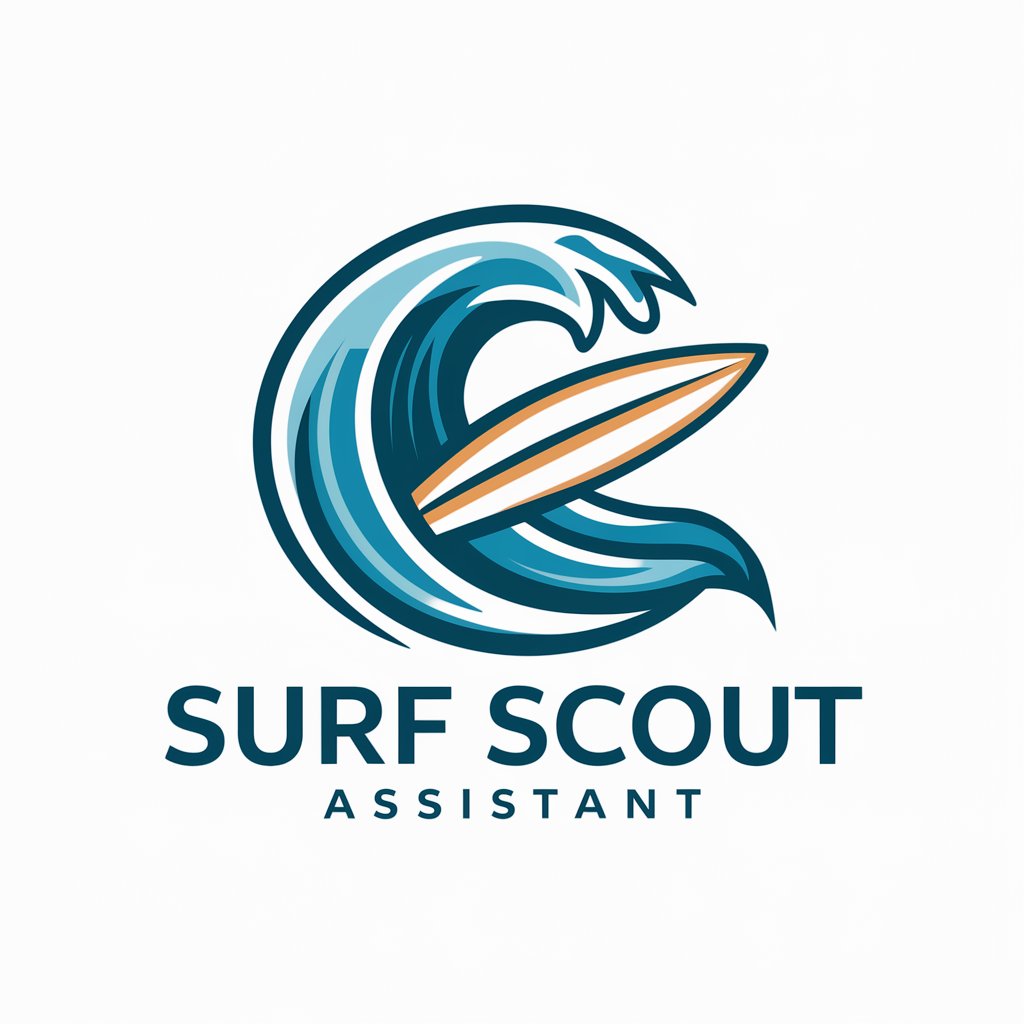
pass Generates
Secure, AI-Powered Passwords

Boarding Pass Analyst
Uncover Flight Details with AI

Common Questions about Ocean Explorer
What topics can I explore with Ocean Explorer?
Ocean Explorer covers a broad range of oceanographic topics including marine biology, ocean ecology, conservation efforts, aquatic species, and the impact of climate change on oceans.
How accurate is the information provided by Ocean Explorer?
The information provided is based on up-to-date scientific research and sources, designed to offer accurate and reliable data on ocean-related subjects.
Can Ocean Explorer help with academic research?
Yes, students, educators, and researchers can leverage Ocean Explorer for detailed insights and data for academic projects, papers, and environmental studies.
Is Ocean Explorer suitable for children?
Absolutely! It's designed to be user-friendly and accessible to learners of all ages, including engaging younger audiences with fascinating facts about marine life.
How does Ocean Explorer contribute to ocean conservation?
By providing educational information and raising awareness about marine environments, Ocean Explorer aims to inspire conservation efforts and promote the sustainability of ocean ecosystems.
